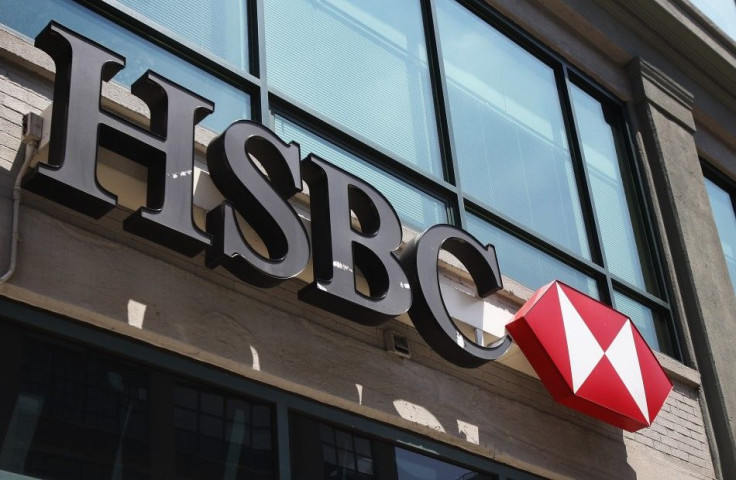HSBC China fund JV to expand, internationalization in focus

HSBC's China fund venture said it would broaden its product line over the next five years to meet rising demand for cross-boarder investment, betting internationalization would be a new engine of growth for the country's stagnant mutual funds industry.
China's securities regulator may ease rules on overseas investment funds, allowing HSBC Jintrust to launch its first product under the Qualified Domestic Institutional Investor (QDII) scheme as early as next year, CEO Steve Lee said on Monday at the Reuters China Investment Summit.
The Shanghai-based fund house, 49 percent owned by HSBC Global Asset Management, also aims to launch its first index fund and expand into the segregated account business for wealthy individuals next year.
Geographical diversification is vital to China's 2.3 trillion yuan ($362.6 billion) fund industry as it helps investors avoid the risks of boom-and-bust cycles inherent in the local market and create business opportunities for China's crowded fund industry, Lee said.
It's not a luxury. It's about survival, and differentiation, Lee said at the Reuters office in Shanghai.
If all the fund houses are focused on just one market, one asset class, that's real danger for the whole industry, for newcomers and also for people who want to diversify from the existing business model.
Growth of China's mutual funds industry has stalled during the past three years as investors shift to rival products amid stock market volatility, intensifying a battle among the sector's more than 60 players to defend market share.
Despite the headwind, China's fund industry will continue to witness rapid growth over the long term as Beijing gradually liberalizes the financial market and encourage cross-border investment, Lee said, forecasting that the number of mutual fund units in China could triple to 6 trillion in five years.
He expected China would soon relax rules to allow more fund houses to conduct QDII business, which channels domestic money overseas.
Currently, the China Securities Regulatory Commission (CSRC), the stock market watchdog, only grants QDII licenses to fund houses with at least 20 billion yuan in local-currency assets, thus keeping many newcomers or smaller asset managers, including HSBC Jintrust, out of the QDII business.
If Warren Buffet wants to come to China and start (QDII) asset management, he would be told that he's not qualified ... until (he has) managed local money first, Lee said, adding that such a rule could be changed as early as next year.
HSBC Jintrust also aims to play a bigger role in bringing China to the world by offering advisory services to Qualified Foreign Institutional Investors (QFIIs), Lee said.
Currently, HSBC Jintrust advises on just several QFII investors but the company expects to expand that business to 20-30 percent of its total assets under management by 2015 by seeking more mandates from institutions and sovereign wealth funds.
International investors will increasingly allocate more assets to this part of the world, Lee said. When the market eventually opens up... we can capitalize on this huge business opportunity.
(For summit blog: blogs.reuters.com/summits/)
($1 = 6.342 Chinese Yuan)
© Copyright Thomson Reuters 2024. All rights reserved.











